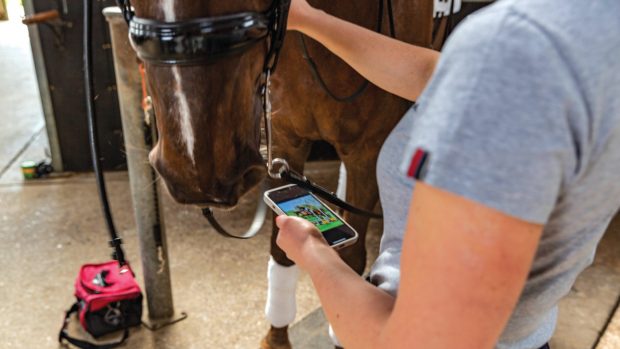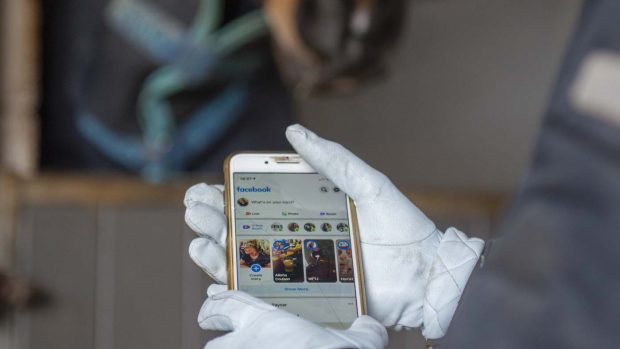Buying items online is both hugely popular and typically very convenient. Whether it’s horses for sale, horsebox, tack, clothing or equipment, Horseandhound.co.uk can help you quickly find items you are looking for.
But while most sellers are genuine, if you are looking to buy an item online you are at risk of being targeted by online scammers, who can sound extremely legitimate.
Below are a few of the most common scams to look out for and how to protect yourself from being caught out.
1. Don’t pay up front without viewing
You see an item (typically a horsebox) advertised for sale that is significantly cheaper than others of a similar age and condition.
When you contact the seller, they claim they are out of the country/in hospital/working away, which means you are not able to view it in person. They offer instead to organise for delivery to you if you send them the money and promise you a full refund if you are not happy with it.
They may suggest you pay via an escrow account such as PayPal, Amazon Payments or Google Wallet ‘for protection’ saying the money will be held here until you confirm you are happy with the deal.
Don’t be caught out by these scams no matter how legitimate the excuse may sound or how tempting the deal is.
The scammer doesn’t have the item they are advertising – they are simply going to take your money and leave you without your money or the item.
2. Don’t buy a horse without trying it yourself
You’ve seen a horse advertised what appears to be everything you are looking for and is appropriately priced (or it may be priced cheaply for what it is).
When you speak to the seller they say they’ve had loads of interest and the only way for you to secure the horse is to give them a deposit or even pay the whole value of the horse up front without having viewed or tried the horse in person.
While the seller may be legitimate, we do not recommend you agree to buy a horse without having tried it and had a pre-purchase vetting undertaken by a vet of your own choice (not one recommended by the seller).
3. Research the seller
You can avoid dodgy sellers by doing your research. Find out what you can online about the person selling the horse, horsebox or other item.
Some dishonest dealers will pose as private sellers in order to avoid the law that governs sales by dealers.
Also check if the person who is selling is the owner or whether they are an agent for the owner. This affects your legal rights if the sale goes wrong.
4. Take a friend to viewings
When going to a viewing or a horse or horsebox, take someone with you to act as a witness to what is said and also for your personal safety.
If it is a horse you are viewing, then taking a knowledgeable friend or expert such as your instructor is a wise move.
Agree to meet the seller at their home or yard, not in a random location such as motorway services or at a show/competition venue.
5. HPI check second-hand vehicles
If you are buying a second-hand vehicle, it is worth getting an HPI check done to ensure that you are not buying a vehicle that is stolen and has been written off.
Key points
- If something seems too good to be true, it usually is
- Use your common sense; if the process doesn’t fit the expected process of buying a horse/horsebox, then do not proceed with the purchase
- Always trade face-to-face for larger purchases, but don’t take large amounts of cash with you.
- For smaller items, pay via goods and services (not friends and family) via Paypal for added protection. Bank transfers offer you no protection
The Horse & Hound Buy & Sell website brings people selling a horse or horsebox together with people who want to buy one. We will always recommend that once the introduction has been made, you conduct the rest of the sale face-to-face. Don’t part with your money without meeting the buyer in person.
Please note: Classified advertisements displayed on Horse & Hound Horses For Sale are provided by the sellers. Future Publishing Limited (Future), the publisher of Horse & Hound, is not responsible for the content of the advertisements and is unable to verify the accuracy of these advertisements. Prospective buyers should check the authenticity of the seller and view the horse prior to making any payment. Beware of scams requiring upfront payment or sellers unable to prove their identity. Future accepts no liability to a buyer in connection with these advertisements. Please refer to detailed guidance on buying horses and our advice to help buyers avoid scams.




